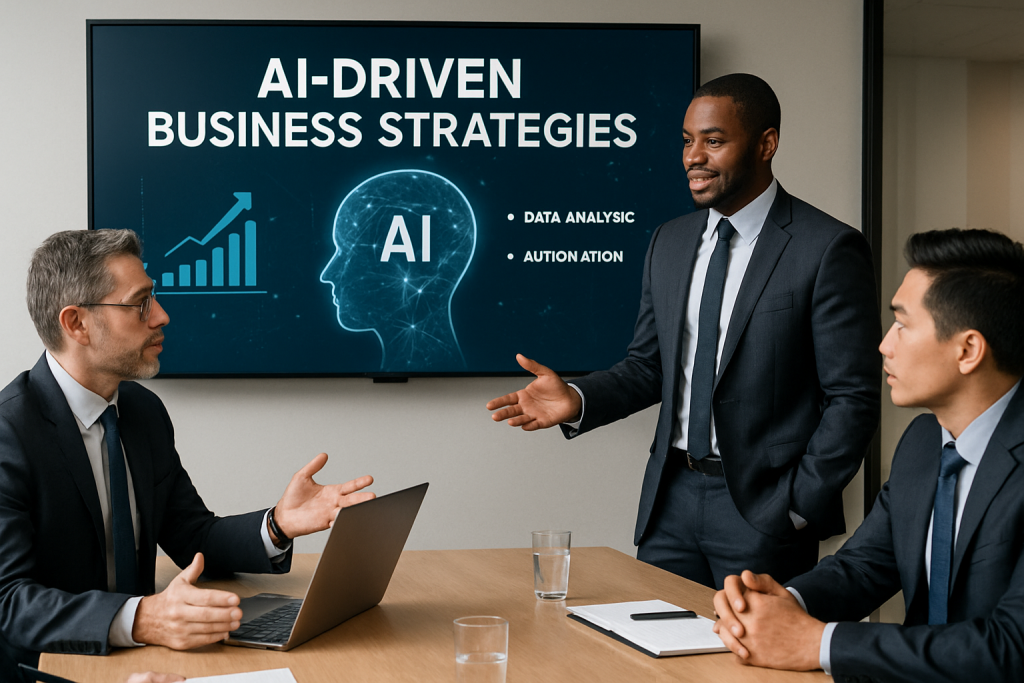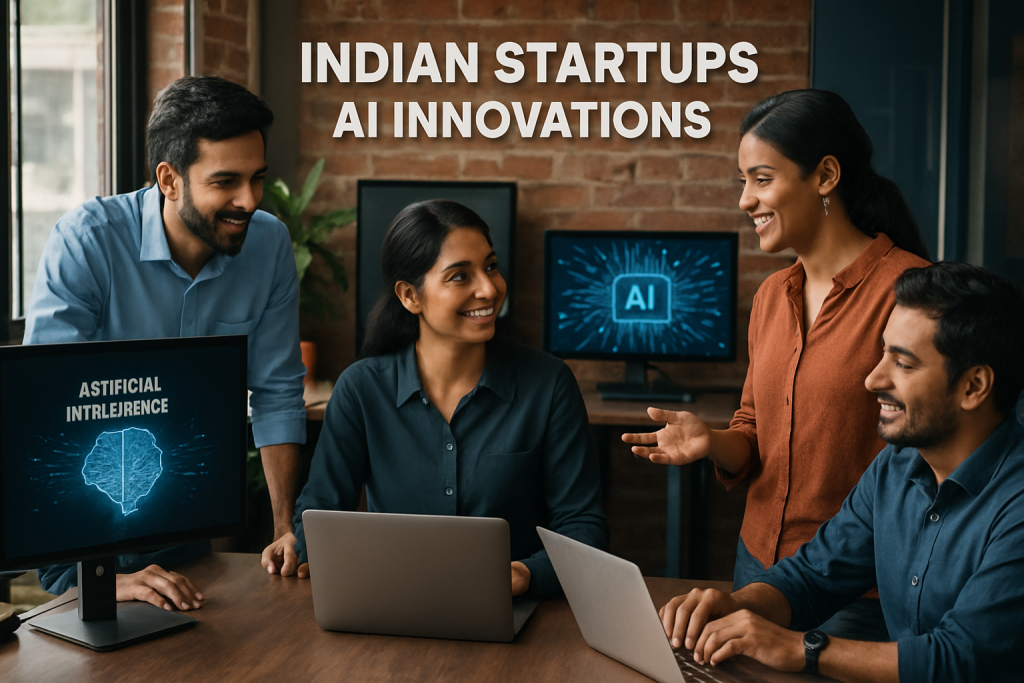Accenture (NYSE: ACN) announced a major transformation in its growth strategy on June 20, 2025, effective September 1, 2025. The global professional services leader is unifying its five service lines into a single, integrated business unit called Reinvention Services. This strategic restructuring aims to accelerate AI-driven solution delivery and strengthen the company’s position as the world’s premier reinvention partner.
Manish Sharma, current CEO of the Americas, will lead this new integrated unit as Accenture’s first Chief Services Officer. The consolidation brings together Strategy, Consulting, Song, Technology, and Operations under one leadership structure, enabling faster solution creation and deeper AI integration across all client engagements.
Why This Transformation Matters Now
The restructuring comes as enterprises face unprecedented challenges requiring comprehensive digital transformation rather than piecemeal solutions. “Today, our clients need more value faster, and Accenture is their reinvention partner of choice,” said Julie Sweet, chair and CEO of Accenture. “These changes to our growth model will allow us to deliver that value and continue to scale our business by being an even stronger engine of reinvention that more rapidly delivers the power of Gen AI.”
Accenture has positioned itself to capitalize on the surge in generative AI investments. The company reported $1.5 billion in Q3 2025 bookings from generative AI projects alone, with $700 million in corresponding revenues. Global tech spending on AI-related projects is expected to reach $644 billion in 2025, representing a 76% year-over-year increase.
Strategic Leadership Overhaul
Several key leadership changes support this transformation. John Walsh, Accenture’s current global Chief Operating Officer, will succeed Sharma as CEO of the Americas. Kate Hogan, current Chief Operating Officer of the Americas, will become the global Chief Operating Officer, replacing Walsh.
The new Reinvention Services unit will operate under the following leadership structure, all reporting to Sharma:
- Strategy: Led by Muqsit Ashraf, Group Chief Executive—Strategy
- Consulting: Jason Dess, current lead of CFO and Enterprise Value, becomes Group Chief Executive—Consulting, succeeding Jack Azagury
- Song: Ndidi Oteh, currently Song’s lead in the Americas, takes charge
- Technology: Rajendra Prasad, current Chief Information and Asset Engineering Officer, becomes Group Chief Executive—Technology and Chief Technology Officer, replacing Karthik Narain
- Operations: Continues under Arundhati Chakraborty, Group Chief Executive—Operations
Additionally, Kate Clifford, currently CHRO of the Americas, will become the global Chief Leadership and Human Resources Officer, succeeding Angela Beatty.
Market Impact and Financial Performance
Despite challenging market conditions, Accenture’s strategic focus on large enterprise clients has maintained steady revenue growth. The company reported Q3 2025 revenue of $17.7 billion, surpassing analyst estimates of $17.3 billion. This 8% year-over-year increase was driven primarily by higher spending in the financial services sector.
However, new bookings declined 6% to $19.7 billion, falling short of the $21.5 billion analyst estimate. This decline reflects broader market uncertainty, particularly reduced federal contracts under cost-cutting initiatives by the Trump Administration. Accenture shares dropped approximately 7% following the earnings announcement, with stock value declining nearly 20% since the beginning of 2025.
Strategic Advantage in AI-Driven Transformation
The consolidation positions Accenture to better serve clients facing what Sweet describes as “everything at once: economic volatility, geopolitical complexity and major shifts in customer behavior.” By integrating its service offerings, the company can deliver comprehensive solutions rather than individual system upgrades.
Accenture’s pivot toward large-scale transformation projects has proven prescient. The company secured 30 clients worth $100 million or more in Q3 2025, which Sweet calls the firm’s “proxy for reinvention.” These mega-deals demonstrate enterprise appetite for comprehensive digital transformation despite economic uncertainty.
What Business Leaders Should Know
The restructuring reflects broader industry trends toward integrated service delivery. As generative AI adoption accelerates, enterprises increasingly seek partners capable of handling end-to-end transformation rather than point solutions. Accenture’s unified approach could provide competitive advantages in securing large enterprise contracts.
The company maintains its geographic market structure across the Americas, EMEA, and Asia Pacific, ensuring regional expertise remains intact while centralizing service delivery capabilities.
Global Implications for Professional Services
Accenture’s transformation signals a shift in how professional services firms must operate to remain competitive in the AI era. The integration of creative, consulting, and technology services under one umbrella reflects client demand for holistic solutions that address business strategy, technology implementation, and change management simultaneously.
This model positions Accenture to compete more effectively against both traditional consulting firms and emerging AI-native service providers. The company’s deep industry expertise combined with scaled AI capabilities creates a differentiated value proposition for enterprises navigating digital transformation.
The success of this restructuring could influence how other major consulting firms organize their service offerings, potentially accelerating industry-wide consolidation of previously separate business units.
As businesses worldwide grapple with AI integration challenges, Accenture’s unified approach to reinvention services may become the new standard for professional services delivery. The company’s emphasis on being “the most AI-enabled, client-focused professional services company in the world” sets ambitious expectations for this transformation.
Would this integrated approach to AI transformation influence how your organization selects consulting partners? Share your perspective on this industry shift.


